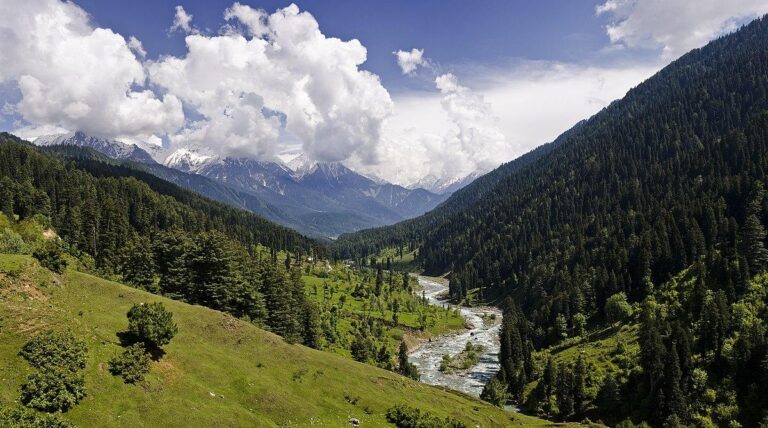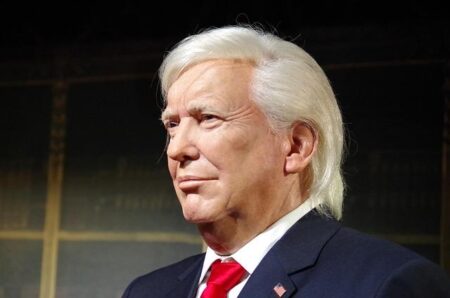Kashmir: The Unlikelihood of a Full-Scale India-Pakistan Conflict
The enduring dispute between India and Pakistan over the Kashmir territory has recently intensified, capturing global attention and raising alarms. Both nations have increased their military readiness and exchanged hostile rhetoric, leading many to fear the possibility of an all-out war.However, analysts argue that despite these tensions, a large-scale conflict is improbable. This article explores the intricate factors surrounding the Kashmir issue, identifies elements that may prevent escalation into warfare, and examines the broader consequences for both countries as well as the region. As diplomatic initiatives evolve following recent confrontations, it is indeed essential to grasp the complexities inherent in this multifaceted conflict.
Kashmir Dispute: Exploring India-Pakistan Relations
The Kashmir dispute serves as a delicate cornerstone of tension in relations between India and Pakistan, marked by decades of militarized conflicts and political strategies. Since British India’s partition in 1947, this region has been a contentious point with both nations asserting full claims while only controlling portions. Several key factors contribute to this ongoing strife:
- National Identity: Both countries perceive Kashmir as vital to their national integrity.
- Military Presence: The deployment of armed forces along with frequent skirmishes increases risks for potential escalation.
- Global Influences: External powers like the United States and China complicate bilateral relations further.
Despite historical grievances layered within this conflict, experts believe that an outright war between India and Pakistan remains unlikely given today’s geopolitical landscape. recent trends suggest a shift towards diplomatic dialog rather than open hostilities. Key elements reducing escalation risks include:
| Causal Factor | Consequences | ||||
|---|---|---|---|---|---|
| Nuclear Deterrence | Makes conventional warfare less probable. | ||||
| evolving Economies | Paves pathways for stability through trade relationships. | ||||
| Pursues dialogue aimed at preventing conflicts.</t /r /tbody /table The Importance of International Diplomacy in Mitigating tensionsThe intricate geopolitical environment surrounding Kashmir demands effective international diplomacy to ease tensions between India and Pakistan. Diplomatic avenues act as essential platforms for communication that foster understanding among nations involved. Through continuous discussions, countries can address concerns without resorting to military action. Recent diplomatic endeavors—such as high-level meetings or informal negotiations—underscore how crucial communication is for regional stability; these interactions aim at achieving objectives such as:
li<stongAvoiding misunderstandings:<stongClarifying positions helps avert escalatory actions. /ul Bilateral discussions complemented by multilateral engagement through regional organizations enhance security efforts toward peacebuilding initiatives . Involvement from external powers often stabilizes situations by providing neutral oversight during negotiations .By utilizing tools like sanctions , economic incentives , or international mediation , global actors can influence both parties’ behaviors encouraging non-aggressive approaches. Below are some notable diplomatic efforts undertaken recently :
|




